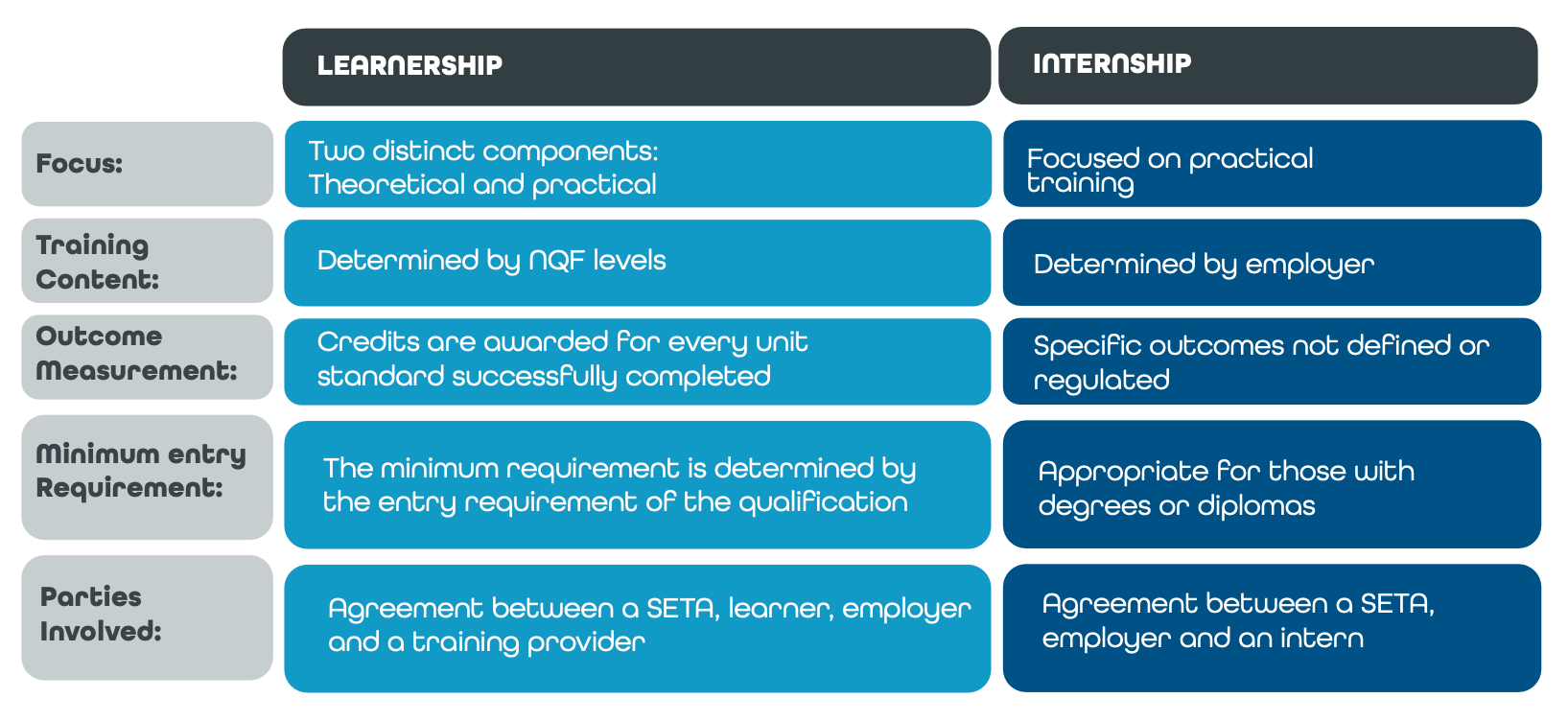
MICT SETA OPPORTUNITIES
The MICT SETA partners with industry, universities and TVET colleges (both public and private) in delivery learning programmes, as education is the heart of our organisation.
We do this by facilitating and creating an enabling environment for the implementation of learnerships, internships, bursaries and skills programmes that aim to uplift and empower those who seek to upskill themselves. We also employ short work-integrated learning (WIL) programmes, which are short critical for development within the industry.
We have an educational strategy in which opportunities are created for students to integrate disciplinary knowledge and the use of skills in real and professional work contexts. One should set goals that reflect their short and long-term career aspirations and objectives. Within the MICT sector, there are three forms of career progression, and they are explained in detail below:
WHAT IS A LEARNERSHIP?
It is a work-based learning programme that leads to a nationally recognised qualification that is directly related to an occupation, for example a broadcast engineering. Learnerships are occupationally directed programmes that consist of both structured theorical learning and practical workplace experience. Learnerships are important as success is measured in terms of the actual skills the learner acquires. A learner is taught how and why things are done and must understand the theory supporting the practice. A learnership programme is an NQF aligned programme with a minimum of 120 credits.
Benefits of learner participation:
- Gaining a nationally recognised qualification
- Obtaining practical workplace experience and exposure to the actual job environment
- Gaining entry into a specific industry
- Gaining a path to employment or self-employment



WHAT IS A SKILLS PROGRAMME?
A skills programme is a set or cluster of unit standards gathered from a qualification that is combined to form a short course with credits.
Why should learners participate in a skills programme?
A skills programme is often implemented to meet the skills requirements of an employer and to enhance an employee’s knowledge of a particular skill. A skills programme culminates in a qualification on completion of the remaining unit standards by a learner. Training is offered by an accredited provider. At the end of the training, learners receive a statement of results. Like learnerships, skills programmes are implemented by employers for both employed and unemployed learners.
WHAT IS AN INTERNSHIP PROGRAMME?
Benefits of graduate participation in an internship:
- Real-world workplace experience
- Being put on the fast track high-level skills development
- Being empowered with practical experience appropriate to their qualifications

Who participates in an internship?
Unemployed people can get involved in an internship, but the MICT SET focuses is on unemployed graduates.
The internship usually involves the learner as a potential employee to a company, and the potential employer.
Taking note of the learner’s level of education, capabilities and experience, the employer defines the workplace programme to be completed in order for the learner to obtain the required skills for the work to be performed within the company. This workplace programme is reviewed with the learner and both parties then agree to the final programme.
There may be instances where the learner must undergo some additional specialised training. In this case, the training provider could become a third party to the internship agreement. On completion of the learnership, the intern will receive a certificate of recognition.
Who can apply for an internship?
The employer applies for an internship. Interns can only participate in internships through an employer.
Potential learners interested in taking part in an internship programme must have any of the following qualifications:
- National Diploma (NQF5 and above)
- Degree
DIFFERENCES BETWEEN A LEARNERSHIP AND AN INTERNSHIP


